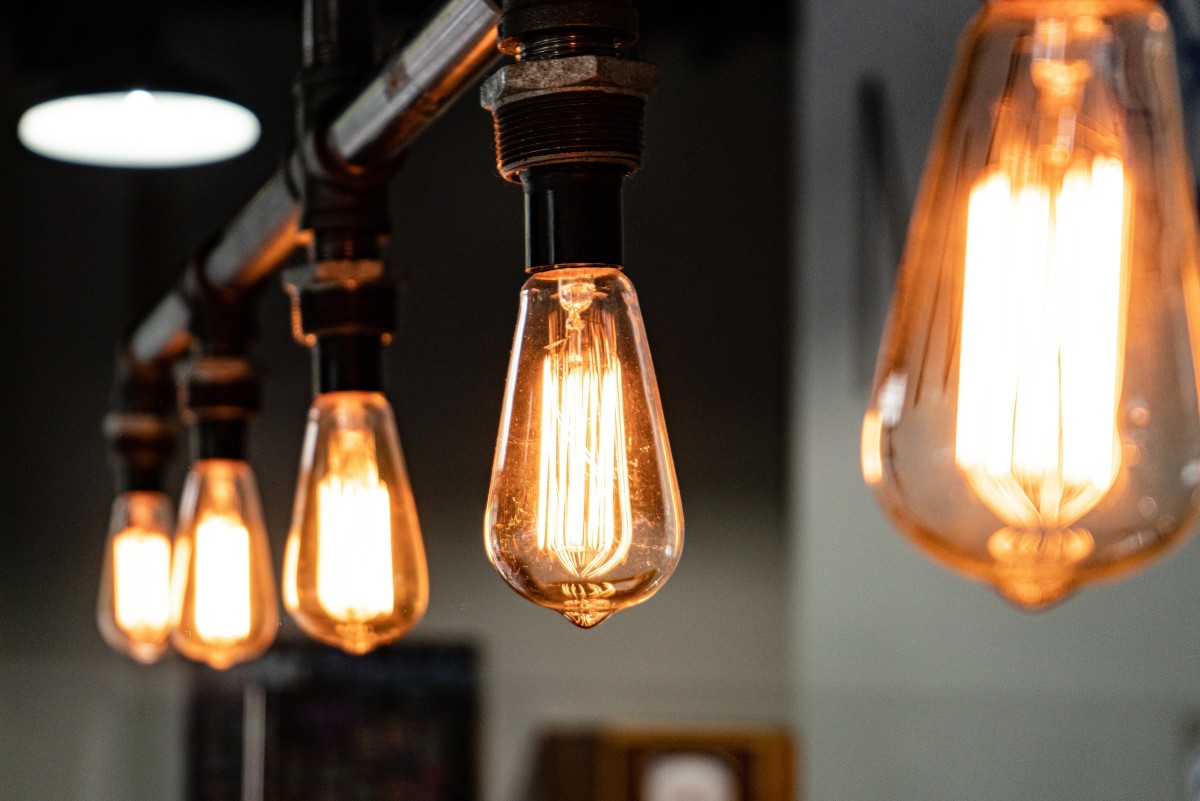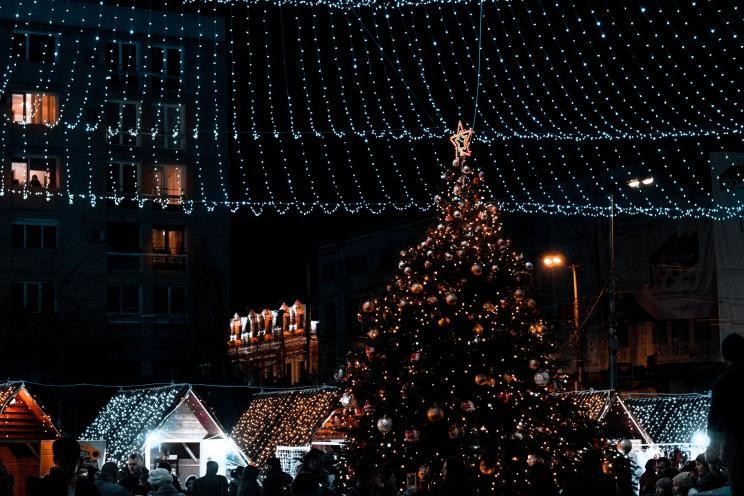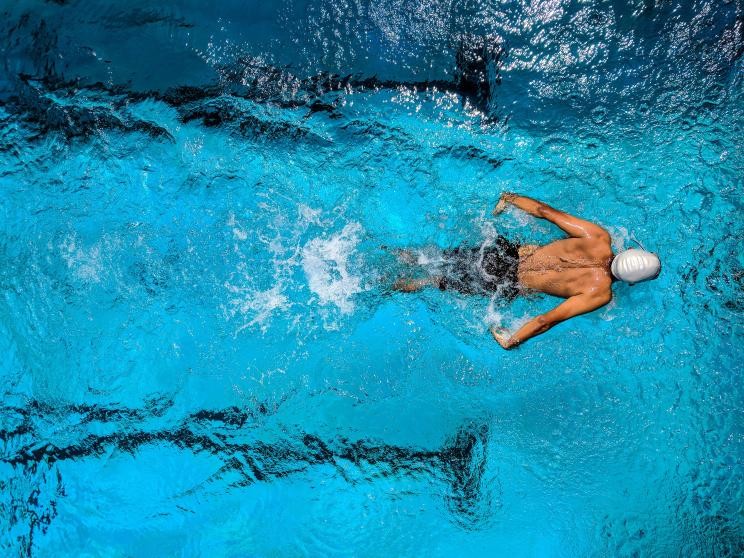
Europe is facing an unprecedented energy crisis, triggered by the war in Ukraine, which is reflected in prices, supply and the economy. In order to ensure the security of energy supply in case of future disruptions, and to try to stop the escalating cost of energy, the Portuguese Government has designed a set of measures to maximise energy savings in the country. The so-called Energy Saving Plan 2022-2023 was published in the Portuguese official bulletin, Diário da República, on Tuesday 27th September, and brings a set of measures to save energy in Portugal.
Portugal Energy Saving Plan 2022-2023
This energy saving plan is one of the instruments that responds to the challenge of a 15% voluntary reduction in energy consumption launched to the Member States of the European Union. But it should be remembered that in the case of Portugal, there are exceptions that allow the percentage of compulsory reduction to be reduced to 7%, because it has limited interconnections.
The resolution of the Council of Ministers No. 82/2022, now published, states that this new plan has as priorities "energy savings, accelerating the transition to renewable energy, diversification of energy supply and intelligent combination of investment and reforms," reads a statement published by the Government.
And there are several measures that the Energy Saving Plan 2022-2023 has in this sense that will cover the sectors of central public administration (of a mandatory nature), local public administration and the private sector (including industry, commerce and services, and citizens).

Energy saving in Portugal: what will change?
These are the main measures recommended by the Government so that households, shops and industry adapt their behaviour and contribute to the reduction of energy consumption, at least for the next three months. And there are also measures taken by the central and local public administration that will affect the lives of households.
Reducing energy consumption in Portugal: lighting
- Decorative interior lighting to be switched off in buildings after 10pm in winter and after 11pm in summer
- Decorative outdoor lighting in buildings to be switched off after midnight while ensuring safety
- Central and local public administration should adjust the periods of use of Christmas lights to the time between 18h00 and 24h00 from 6th December 2022 to 6th January 2023
- Shop window lighting and similar to be switched off after the closure of the establishment
- Interior lighting in a room should be switched off whenever the space is not in use
- Greater use of natural light, through glazed windows and skylights
- Adjustment of lighting intensity to the needs of the users of the spaces
- Replacement of indoor/outdoor lighting with high-energy performance LED technology lighting
- Shopping centres should also switch off illumination of advertising hoardings after 23:00 and façades after 24:00 and adjust the illumination of shops and interior parking to the minimum possible.

Saving energy in air-conditioned/heated spaces
- The temperatures of indoor air-conditioning equipment must be regulated to a maximum of 18°C in winter and a minimum of 25°C in summer
- Keep doors and windows closed whenever the air conditioning system is on, including for commercial buildings and services whenever they have spaces with a direct entrance to the street
- Outside: gas or air-conditioning/heat pump heating systems should be switched off
- Switch off air conditioning or other climatisation systems whenever they are not in use.
Teleworking helps reduce energy consumption
- Adoption of human resource management practices that enable the reduction of energy consumption (e.g. assessing energy savings from the use of teleworking), whenever feasible. This measure is also included in central and local public administration
- Information actions in the scope of savings associated with energy consumption, as well as home-work-home commuting.

Swimming pools and sports complexes: measures to reduce consumption
- Adjustment of indoor pool water temperature to 26°C and reduction of the room heating temperature in indoor pools by 2°C (to 28°C)
- The temperature of Domestic Hot Water systems should be regulated to those recommended in the Building Energy Certification System, without compromising the maintenance of the systems or the measures necessary to prevent Legionella
- The flow rate of taps and showers should be regulated to ensure that they meet needs without wasting water
- Periodic preventive maintenance of systems to be reinforced, including the insulation of heat networks
- Favour the use of renewable energy for heating water
- Complementary training for Energy Management Technicians in the development of the energy optimisation plan, including the transversal approach methodology.

Water saving to ensure higher efficiency
- Reducing the running water time of baths and showers and adapting the water temperature of the heating system to the season
- Use of strategies for using water from baths and showers until the ideal temperature is reached
- Minimising the number of times the washing machine and dishwasher are used, using their maximum capacity
- The amount of water used when washing floors should be reduced
- The number of vehicle washes should be minimised
- Adoption of strategies to reduce water consumption in toilets by adopting dual flush mechanisms and reducing the available volume of reservoirs
- Programming irrigation for times of lower evaporation, turning on after 8 p.m. in summer and 5 p.m. in winter
- The orientation of water devices placed in gardens to be corrected in order to eliminate water waste
- Use rainwater or other water for watering and washing, whenever possible
- The planting of species with low watering needs, appropriate to the climate and soil. is to be promoted.

Renewable sources and energy efficiency Portugal: how to increase supply?
- Local electricity production is to be encouraged through systems that use renewable energy sources
- Supplementary training and accreditation to be given to Technical Systems Inspection Technicians in the field of preparing inspections of solar thermal systems with a catchment area ≥ 15 m2and photovoltaic systems, determining the efficiency of the installation and proposing energy efficiency measures.
These measures to reduce energy consumption complement and do not overlap with the implementation measures already existing in public policy instruments in force, such as the National Plan for Energy and Climate (PNEC 2030) and the Long-term Strategy for the Renewal of Buildings (ELPRE), which also contribute to the reduction of energy consumption, says the document released by the Portuguese Government.